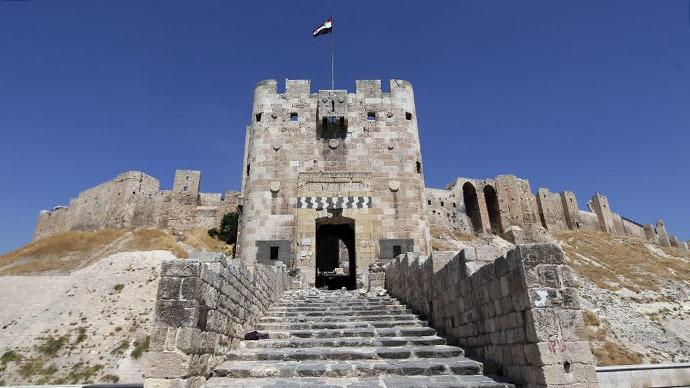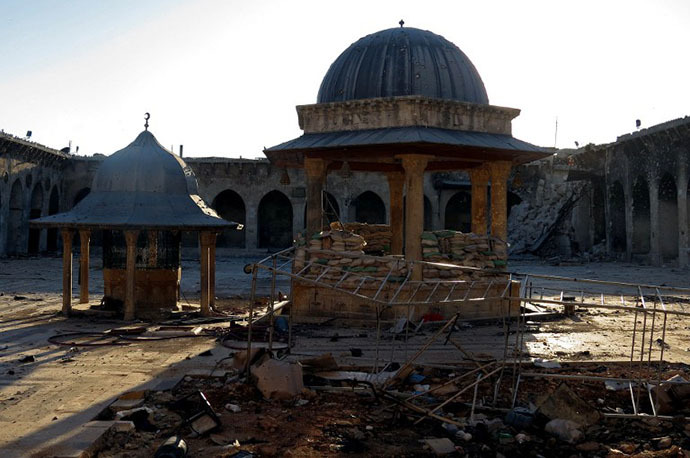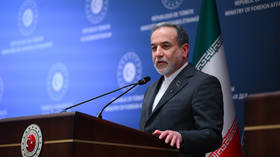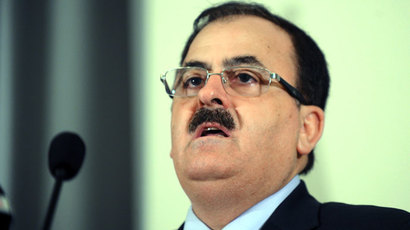UNESCO warns of illicit archeological excavations targeting Syrian artifacts

UNESCO’s Director-General warned Friday of illegal archeological excavations across war-torn Syria, saying the United Nations’ cultural, education and science entity has called on auction houses and museums to beware.
Amid the widespread death, destruction, and displacement during
Syria’s 2 ½-year civil war, UNESCO says the country’s great
cultural heritage is at risk.
"The biggest danger there, apart from the destruction we have seen of the world heritage sites…is the illicit archeological excavations," said Irina Bokova, head of UNESCO, according to Reuters. "This is something that is not very high on the radar of the international community."
Bokova was in New York Friday to speak at a UN event on the protection of journalists, who are also another point of concern in Syria. International news organizations demanded this week that Syrian rebels stop kidnapping journalists, stating that dozens of abductions have occurred.
Syria’s head of antiquities and museums, Maamoun Abdulkarim, said in February that illegal archeological digs have threatened tombs in Palmyra and the Bronze Age settlement of Ebla.
Bokova sounded similar concerns in August about the preservation of Syrian treasures amid its bloody civil war. She says the threats have grown, and that UNESCO has raised the issue of unofficial excavations with UN Syria peace mediator Lakhdar Brahimi and Arab League chief Nabil Elaraby.
"We were showing [them] the map of these illicit sites, excavations," Bokova said. "This is our biggest concern nowadays, that we don't know what's happening there, this illicit trafficking [and] exports" of ancient artifacts.
She did not offer particular sites where illegalities have occurred, nor did she assign specific blame on either President Bashar Assad’s regime or the opposition forces and allies.
"Anybody can do it," she said.
In September, UNESCO offered a “red list” of kinds of artifacts that museums and collectors should watch for from Syria, including sculptures, inscription tablets, tessera, and coins, among other items. She said that some Syrian materials have surfaced in Jordan.















